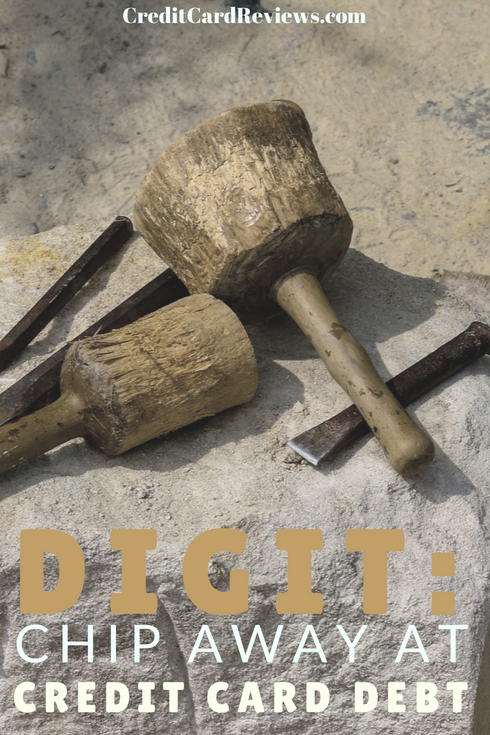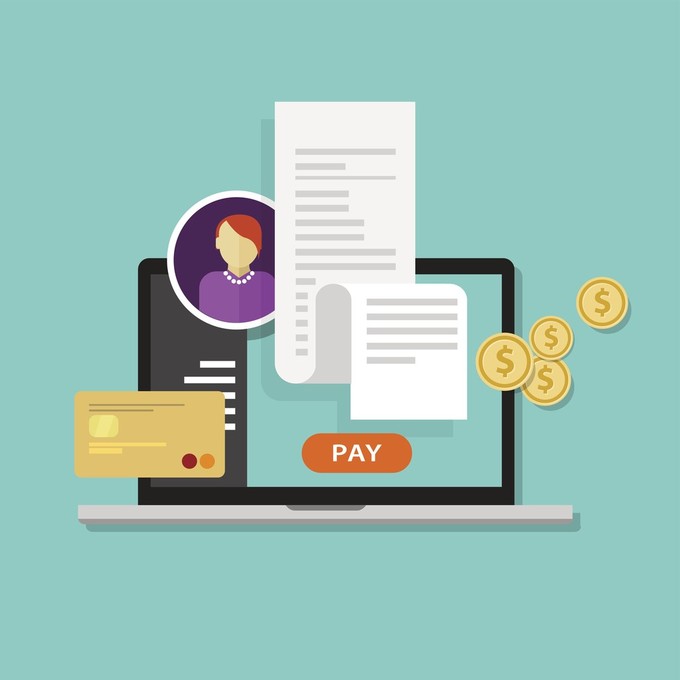The app that helps you save more money than you thought you could is adding a feature that lets you chip away at your credit card debt and hopefully help you pay it off faster than you thought you would.
Digit, a savings generator app, recently announced a new feature called Digit Pay, which will take money designated toward a goal of paying off a credit card and use that to make an extra payment to that credit card every month.
Digit announced the new Digit Pay feature on its blog, saying that one reason it decided to offer the service was because it noticed that one of its users' main savings goals was paying off credit card debt. According to TechCrunch, that included about 75 percent of users.
Digit Pay is geared to helping users pay off their credit card debt more quickly compared with the traditional way they have to access their Digit money to make those payments. Instead of going through a very long process of transferring money from a Digit account to a bank account in order to make a credit card payment (and hoping you don't spend that earmarked money along the way), Digit decided that offering a service that paid the credit card directly would be more useful.
This is the app's first foray outside of its original goal as a savings generator. Users link a checking account to their Digit account. The app's algorithms then analyzes their accounts and figures out how much money they could reasonably sock away by looking at the current account balance, upcoming income, upcoming bills and spending habits.
It then transfers that money out of the checking account and into the Digit account in a way that won't impact the user's normal spending habits. The app can do this a few times a week, depending on the amount of money a user has sitting in their checking account. Digit says that it transfers $18 on average, but typical transfers end up being anywhere from $5 to $30. They can be as low as a nickel and as high as $150.
Once the money is in the Digit account, users can put it into goal-oriented buckets with set target dates to help them save for things like emergencies, vacations, homes and cars--and also to pay off things like credit card debt. Users can also prioritize credit card debt within their Digit account through the Boost feature. By boosting a goal, Digit will put more of the savings taken out of a checking account and put them toward this goal. It will then distribute any other money to other goals within the Digit account.
Digit also guarantees that its program won't result in a user's checking account being overdrawn, but should that happen, Digit will reimburse the fees for up to two overdrafts.
Although accounts are protected by the FDIC up to $250,000, just like a savings account with a bank, Digit is not a bank itself. That means it doesn't pay interest. However, as a bonus for saving, Digit awards users a one percent annualized savings bonus if they use the app to save for three months. This is a feature that can also be disabled if someone's religion doesn't allow them to earn interest-like bonuses.
While the bonus is a nice feature, Digit does cost money to use--$2.99 a month after a 100-day trial period--and that eats into any savings bonuses users accrue.
Digit is rolling out Digit Pay over the next several months. Users can log in to their accounts to reserve their spot in the program.

